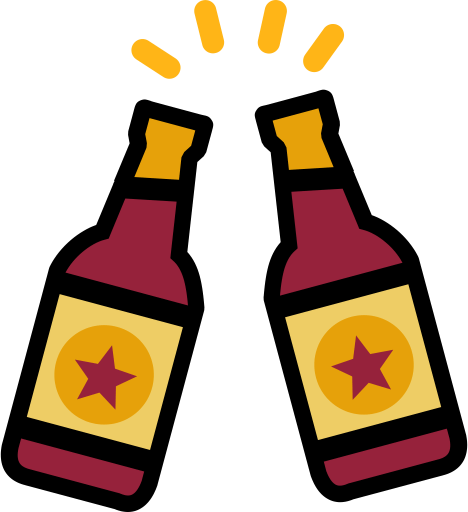

I hope I didn’t come across as joking. Bluey models probably the most wholesome parent-child relationships on television. Yes it’s acted out by cartoon dogs; but the scenarios hit home.
I’m a father of two; watching (and often emulating) Bluey has absolutely made me a better parent. It’s not all “go 100% with your kids all the time”; sometimes it’s “we have to stop playing so I can go to work” or “mom and dad are tired, let’s play a game where we don’t have to leave the couch” or “it seems we’re spending too much time watching TV or screens, how do we reconnect to the real world”. Yes, the irony of a TV show covering that last topic isn’t lost on me :P









Or have one of her trusted friends or family members on standby when you do it. Someone who will show up right after and they can support her through an initial reaction. If there are no trusted friends, that’s another warning flag!